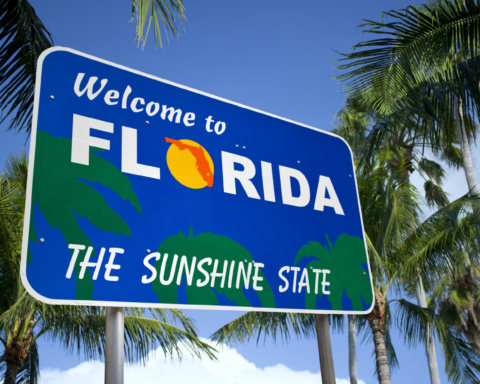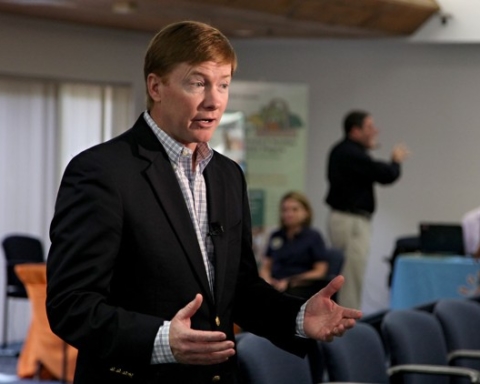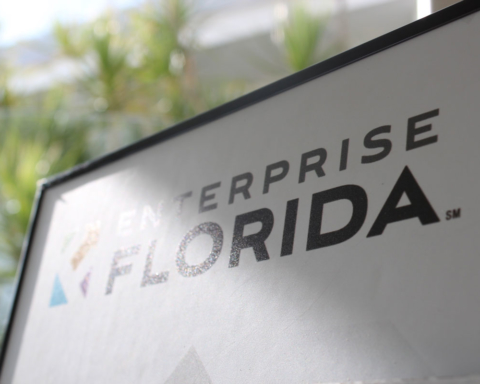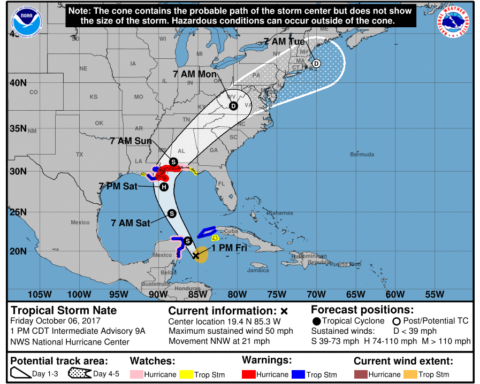An insurance organization that proposes workers’ compensation coverage rates in Florida defended itself in pleadings to a state appeals court this week, seeking to overturn a lower court ruling that it had violated open-government laws.
Attorneys for the National Council on Compensation Insurance, or NCCI, submitted their arguments in a brief filed Wednesday with the 1st District Court of Appeal. The state office of Insurance Regulation is also a party to the suit, filed by Miami workers’ compensation attorney James Fee.
“The trial court’s order is flawed in numerous respects, fails to follow decades of binding precedent, ignores the plain language of relevant Florida statutes, and makes factual findings that lack record support and are directly contrary to the uncontradicted evidence,” the brief says.
“Florida’s Sunshine Law applies only to boards or commissions of governmental entities,” the document says. “NCCI is a private corporation, not a governmental entity, and no governmental entity has delegated the performance of its public, rate approval purpose to NCCI.”
Leon County Circuit Judge Karen Gievers ruled in December that NCCI and the insurance office had violated the Sunshine Law in formulating a 14.5 percent in workers’ compensation premiums that will take effect through the end of this year.
Gievers pointed to statutory language requiring state-sanctioned rating agencies, like NCCI, to conduct their business in the sunshine. NCCI, she said, had been obligated to open its internal committee work on the rate to the public, as well as relevant documents.
The 1st DCA allowed the rate to begin to take effect pending the outcome of the appeal.
In its brief, NCCI argued that it lacks the sort of committee contemplated in the law. It once maintained such a panel, the summary says, comprising of representatives of Florida insurance companies. But it dropped the board in 1991 over antitrust concerns.
“Undisputed record evidence demonstrates that NCCI does not now, and did not at any time relevant to this proceeding, have a committee with responsibility for Florida workers’ compensation insurance rates,” the brief says.
Instead, a single employee — Jay Rosen, NCCI’s lead actuary for Florida — was the sole “decision-making authority” for the filing, although he worked on it with his staff.
He submitted his findings to peer review within the organization and to employees who would explain it to state regulators.
The brief says NCCI posted on its website, in advance of regulatory hearings, “hundreds of pages of documents” that the organization relied upon.
“The OIR’s process allowed for significant public participation during the hearing, as well as before and after. The OIR received substantial input from interested stakeholders and the public, including persons in favor of, and opposed to, NCCI’s filing.”
Ultimately, regulators approved a smaller rate hike than NCCI had proposed.
“If allowed to stand, the trial court’s order will mark a dramatic expansion of the requirements of Florida’s Sunshine and Public Records Laws, as well as an expansion of (the insurance code) beyond their plain language, in violation of clear binding precedent,” the NCCI brief says.
“Any such expansion would greatly inhibit the ability of private entities, as well as government entities, to conduct business in Florida.”









